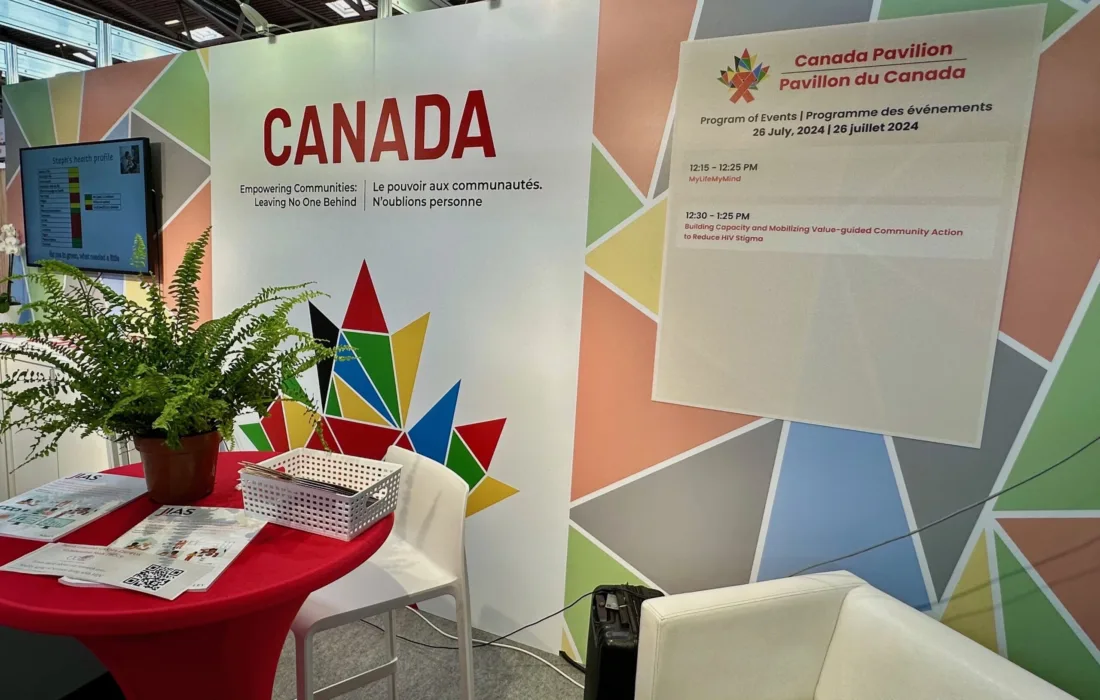Provides information about WelTel Program, a mHealth interventio that has shown to improve cART adherence to and promote supresion of HIV plasma viral load in people livnig with HIV
OuvrirIn 1996, British Columbia, Canada, introduced universal coverage of drug and other health-care costs for people with HIV/AIDS and began extensive scale-up in access to ART. We aimed to assess the cost-effectiveness of ART scale-up in British Columbia compare dwith hypothetical scenarios of constrained treatment access.
OuvrirAs a resource for Canadian HIV Trials Network (CTN) members, this document provides some practical tips for successful integration of people living with HIV and other community members in research teams from all CTN Cores, identification of principles for mutual learning to improve research design and execution, and building trust… Read more of the article: Community Engaged Research Practice
Ouvrir“What’s Hot with Peer Researchers” is a one-hour online talk show hosted by Universities Without Walls. Peer researchers are the driving force behind HIV research. They participate in health research related to HIV/AIDS and its many social and cultural aspects as critical “consumers”/readers of research, in advisory committees, data collection… Read more of the article: What’s Hot with Peer Researchers
OuvrirResearcher Profile: Dr. Angela Kaida, Inspired by Activism
OuvrirRapid scale-up of effective antiretroviral therapy (ART) is required to meet global targets to eliminate new HIV infections and AIDS-related deaths. Yet, gaps persist in all nations striving for these targets. In the intervention setting of British Columbia (BC), Canada, where ART is publicly funded, 73% of HIV-diagnosed were on… Read more of the article: Implementation of HIV Treatment as Prevention® strategy
OuvrirIntimate Partner Violence (IPV) is a category of domestic abuse that refers specifically to abuse within an intimate relationship. It is a global health problem affecting millions of people every day. The relationship between HIV and IPV is complex not only because …
OuvrirLearning to Listen: Community Based Participatory Research A senior researcher at CIET Canada (McGill) and Professor Emeritus of the University of Alberta Dr. Gibson is a pioneer of community based participatory research (CBPR). She continues to work with Aboriginal communities in the Canadian North. Read more of the article: Researcher Profile: Dr. Nancy Gibson
OuvrirThis video features Tim Guimond, a psychiatrist with a PhD in Biostatistics who explains how to carry out respondent driven sampling. A method that can be particularly effective in engaging hidden populations.
Ouvrir
